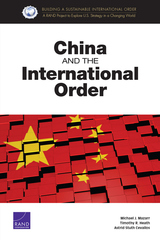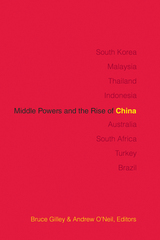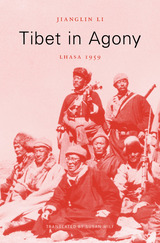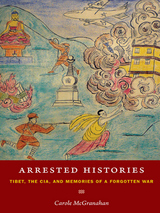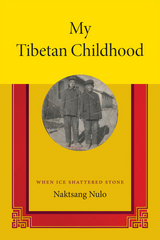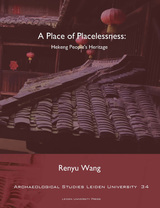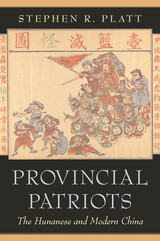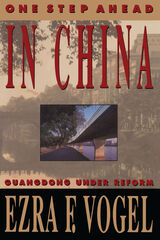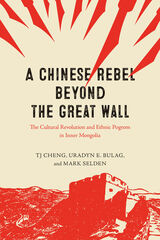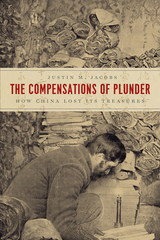Cloth: 978-0-674-12325-0
Library of Congress Classification DS793.C3S3 1982
Dewey Decimal Classification 305.52
With the Qing Dynasty reform efforts (1901–1911), abolition of the civil service examination (1905), and the end of the monarchy (1912), the first three decades of the twentieth century brought important changes to the elite of Zhejiang Province. This book examines the social backgrounds, public activities, careers, and decision-making of local and provincial elites—that is, nonprofessional men who had taken on public duties when the multiplying problems of government had resulted in a general breakdown of public functions.
While elites in early twentieth-century China have often been caricatured as militarists, corrupt bureaucrats, evil landlords, and ineffectual reformers, they have not been clearly understood or closely analyzed. Since the seventeenth century, elites had been assuming increasing responsibility for funding and managing public projects, and by the twentieth century had expanded their activities still further. In the first three decades of the century, they experienced substantial personal and communitarian development; it was the structures and processes developed by these elites that subsequent regimes—Guomindang, Japanese, or Communist—had to build upon and adapt.
Keith Schoppa divides the counties of Zhejiang Province into four zones according to level of political and economic development and scrupulously analyzes the complex processes of remolding society at the local and provincial levels. By delving beneath the heroic figures and large movements of Chinese political life in this century, he reveals the common factors that make China a part of the worldwide story of reconstruction, reform, and developmental change.
See other books on: Chinese Elites | Early Twentieth Century | Elite (Social sciences) | Political Change | Schoppa, R. Keith
See other titles from Harvard University Press

